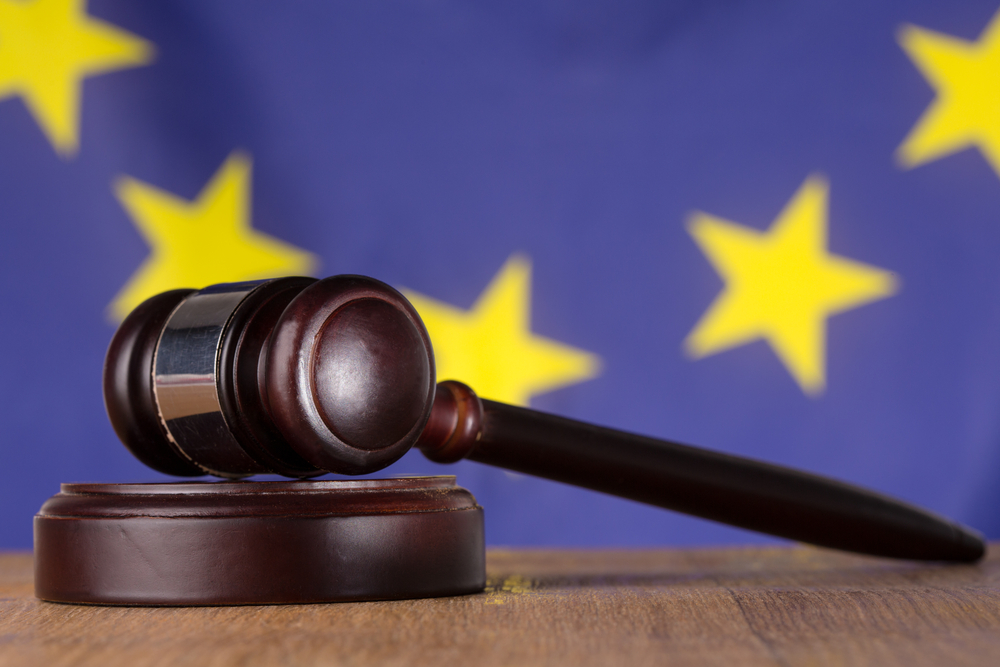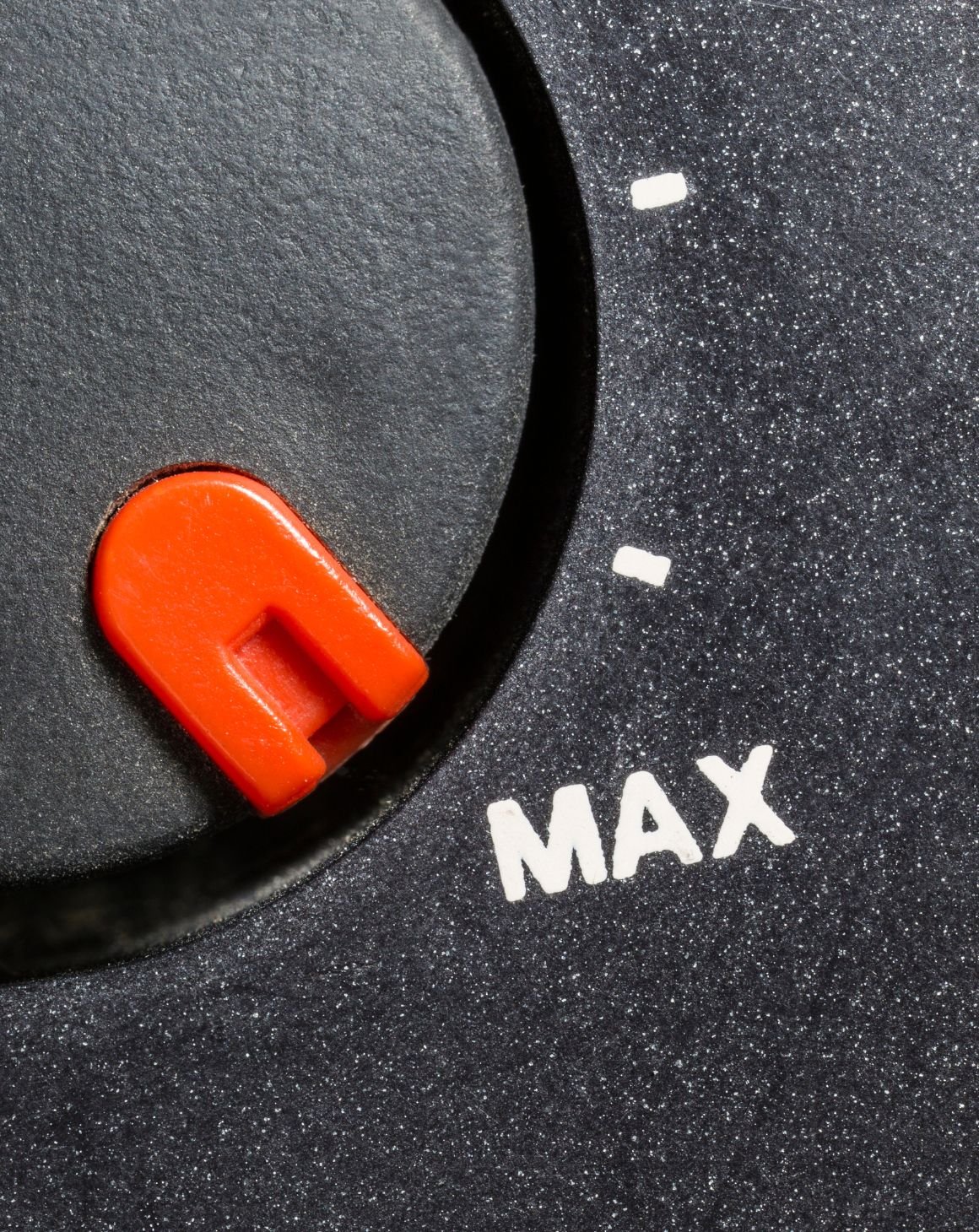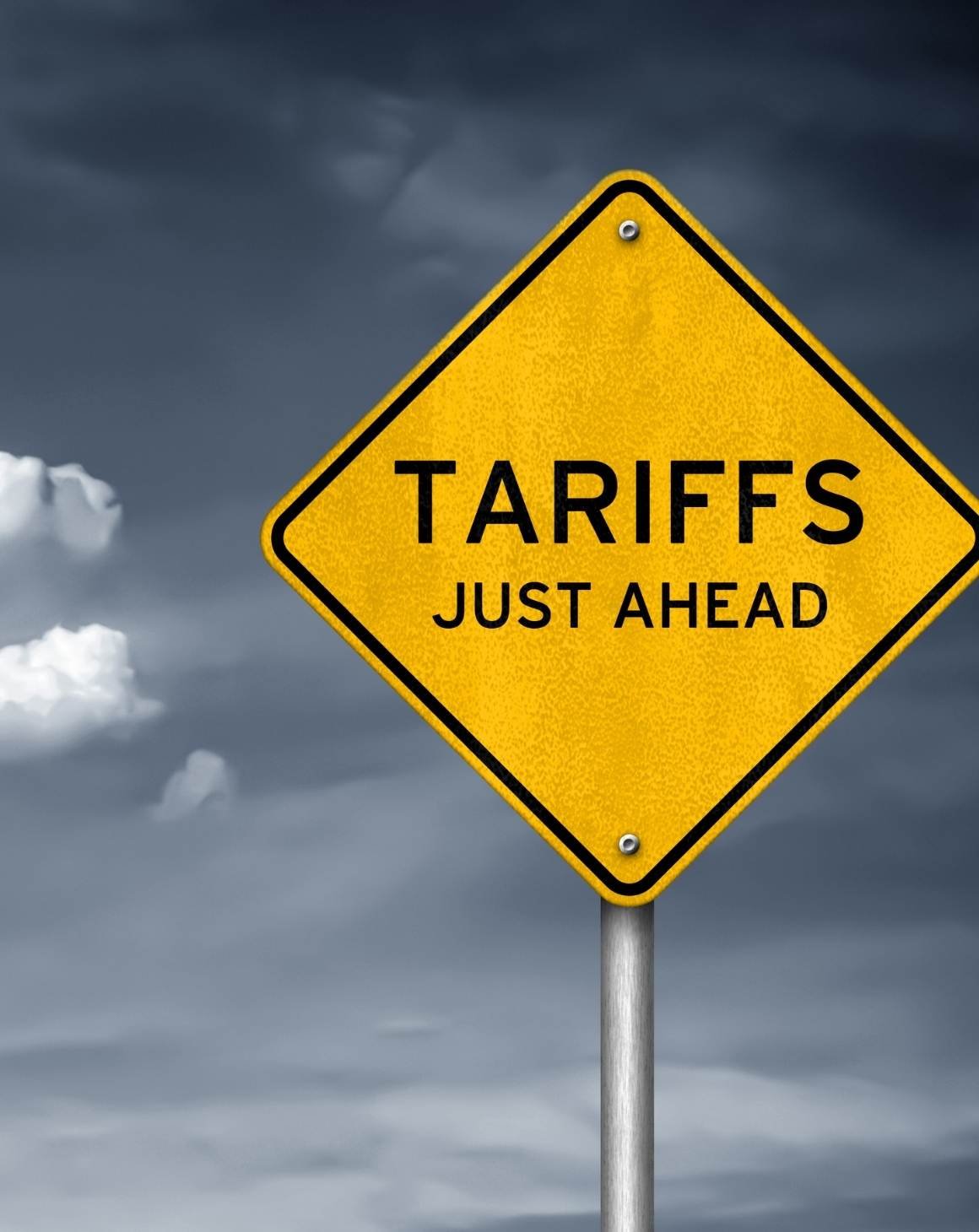We have had many conversations in the past few months with clients who are exploring expansion into the European marketplaces (Amazon UK, Amazon Germany, Amazon France, etc.). With the coronavirus wreaking havoc on retail—both brick & mortal and ecommerce—brands are looking to grow online more than ever. As we have these discussions with brands, we thought it might be helpful to share our insights with you in this blog as we assume our clients are not alone in this expedition.
European Brand Protection
You are likely familiar with a couple of the “basics” of European brand protection such as 1) Pricing controls are not enforceable (I.e., MAP, IMAP, etc.) and 2) Each country within the EU has its own structure through which brands can pursue legal claims (for example, trademark infringement may be an avenue available in one nation while you would need to assert “tortious interference” in another).
A feature that you may have heard but may not be quite as familiar with is “selective distribution.” This approach to controlling your brand is vital in adding European marketplaces to your sales channels. Here is some basic information to keep in mind concerning selective distribution as you weigh your brand’s options:
- Your brand would distribute/sell through a network of resellers that would be limited (selected) and authorized.
- It has traditionally been utilized by high-end luxury and/or technology brands, but experts view it as becoming more widely available to other brands as well.
- NOTE: In our experience, this is both a vital and debated point—if you have questions on this, we recommend discussing your specific situation with an experienced European competition law attorney. We are more than happy to explore your brand’s options as they relate to this matter and put you in touch with attorneys we work with on these projects.
- It hinges on the implementation of crucial and justifiable “qualitative” and “quantitative” criteria that allow your brand to prioritize your qualified resellers.
- It allows for authorized sellers to sell to end consumers or other authorized sellers but prohibits sales to unauthorized sellers.
- It sets the legal foundation for you to enforce against unauthorized sellers disrupting your sales channels.
Generally speaking, the quality controls (the “qualitative” and “quantitative” criteria mentioned above) put in place within a selective distribution system, must mirror controls applicable to brick & mortar resellers. If online-only controls are included, it is important that these are justified in order to withstand legal challenges from uncooperative resellers.
Naturally, you may wonder, “Assuming this foundation is laid properly, what’s next? How could we enforce it?” Good question! We thought you’d never ask.
With your policy set and your agreements in place with your authorized resellers, acquiring the proper tools to monitor and enforce your European controls is strongly recommended—otherwise the structure has no “teeth.”
Of course, one option is simply communicating with unauthorized sellers in possession of your brand’s product and inviting them to become an authorized seller so long as they comply with the selective distribution policy. But there needs to be a second level of enforcement available to your team as well.
At Blue Wheel, we approach this through a 3-pronged strategy.
A Brand Protection Strategy
- Effective monitoring: Through our proprietary SellerSight technology as well as our close partnership with TrackStreet, we are able to see all the sellers of your brand product on European marketplaces. In just a few months, TrackStreet will provide us with the ability to see all of your product listings on all sites per European currency you may need to monitor. This simple step of seeing the whole picture cannot be overstated in its importance to effective enforcement. Knowing “who” and “where” is crucial to establishing communication with sellers—both authorized and unauthorized.
- Initial enforcement: Although, as mentioned, pricing policies, such as MAP policies, are unenforceable in Europe, any concerns over potentially counterfeit product are always legitimate and worth enforcing on the marketplaces. We help clients manage these issues and are happy to discuss how this could serve your needs.
- Escalated enforcement: When unauthorized sellers continue to violate your legally enforceable policies and agreements, you need European legal representation that can properly enforce your policies pursuant to the laws of each nation. Whether under trademark law, competition law, or contract law, there are different avenues specific to each nation that attorneys can explore in enforcing your distribution infrastructure. We are happy to refer brands to trusted attorneys when necessary.
Hopefully these insights have proved helpful as you continue to look at your brand’s options in expanding into European ecommerce channels. If you need brand protection services—whether in Europe or within the United States—don't hesitate to reach out to us through our Brand Protection.








.png)
.png)
